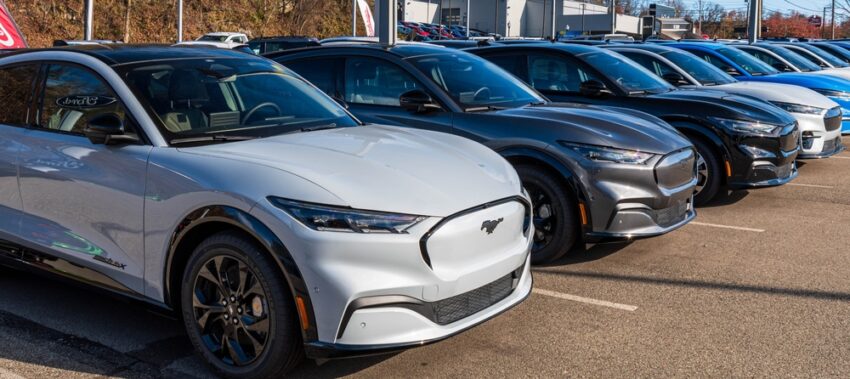EV sales set to account for 1 in 5 new cars in 2024
Global sales of electric and plug-in hybrid cars will hit record levels this year, with one in five new cars set to be electric or PHEV, according to the International Energy Agency (IEA).
from the Paris-based energy watchdog suggest that 17 million new BEV or PHEV cars will be sold in 2024, up from 14m sales in 2023. Sales in the first quarter of 2024 are already up 25% on the same period last year.
Despite fears that demand for EVs is slowing down, the IEA’s executive director, Fatih Biro, said there was clear continued momentum towards EVs.
He said: “Rather than tapering off, the global EV revolution appears to be gearing up for a new phase of growth.
“The wave of investment in battery manufacturing suggests the EV supply chain is advancing to meet automakers’ ambitious plans for expansion. As a result, the share of EVs on the roads is expected to continue to climb rapidly.”
This year, the IEA predicts that 45% of new cars sold in China will be BEV or PHEV and around one in nine in the US will be plug-in models. The report also estimated that a quarter of all car sales in Europe will be BEV or PHEV, “despite a generally weak outlook for passenger car sales and the phase-out of subsidies in some countries”.
Based on existing policies around the world, the body estimates that almost one in three cars on the roads in China by 2030 is set to be electric, and almost one in five in both the United States and European Union.
The forecast comes despite many car makers reporting a softening of demand for EVs in recent months. Tesla recently announced a 9% year-on-year decline in deliveries in the first three months of 2024 and EV giant BYD saw a 13% drop.
The report highlighted continuing issues around the price disparity between EVs and ICE vehicles. It noted that while in China 60% of EVs were comparable with equivalent combustion vehicles, in Europe and the US, ICE cars remained cheaper on average. However, it said that the growing export of cheaper Chinese cars to other parts of the world could help adjust this difference.
The IEA report also revealed the stark difference in EV popularity around the world, with 95% of all global BEV and PHEV sales in 2023 split between China, Europe and the US.
It noted that the need for rapid infrastructure roll-out remained a challenge to continued growth of vehicle sales. The report warned that the global charging network needed to grow sixfold by 2035 to meet the vehicle volumes demanded by government EV strategies.






